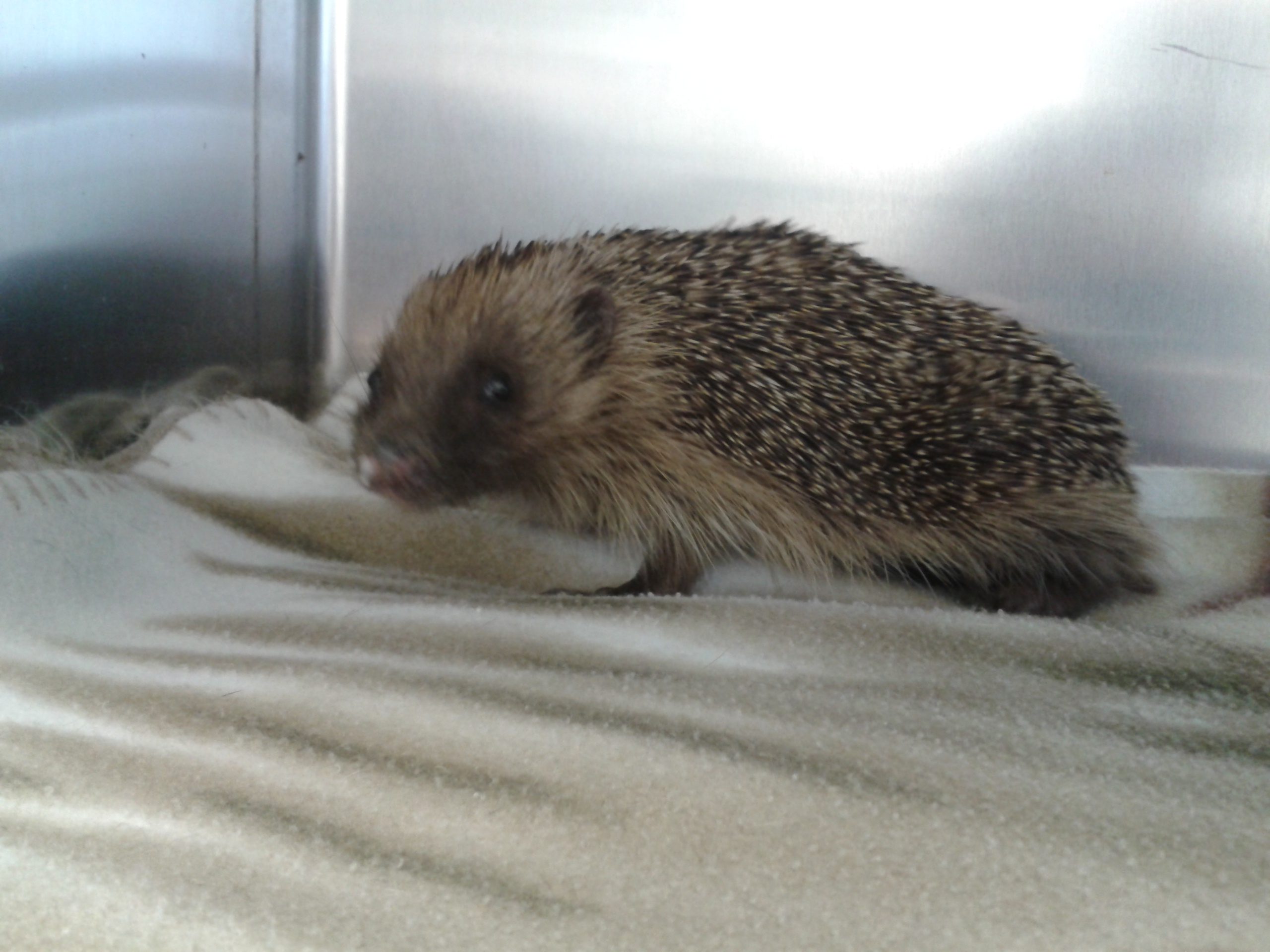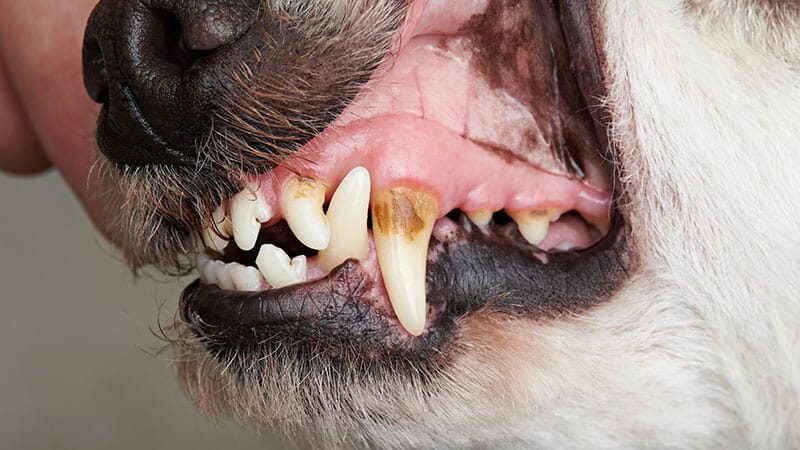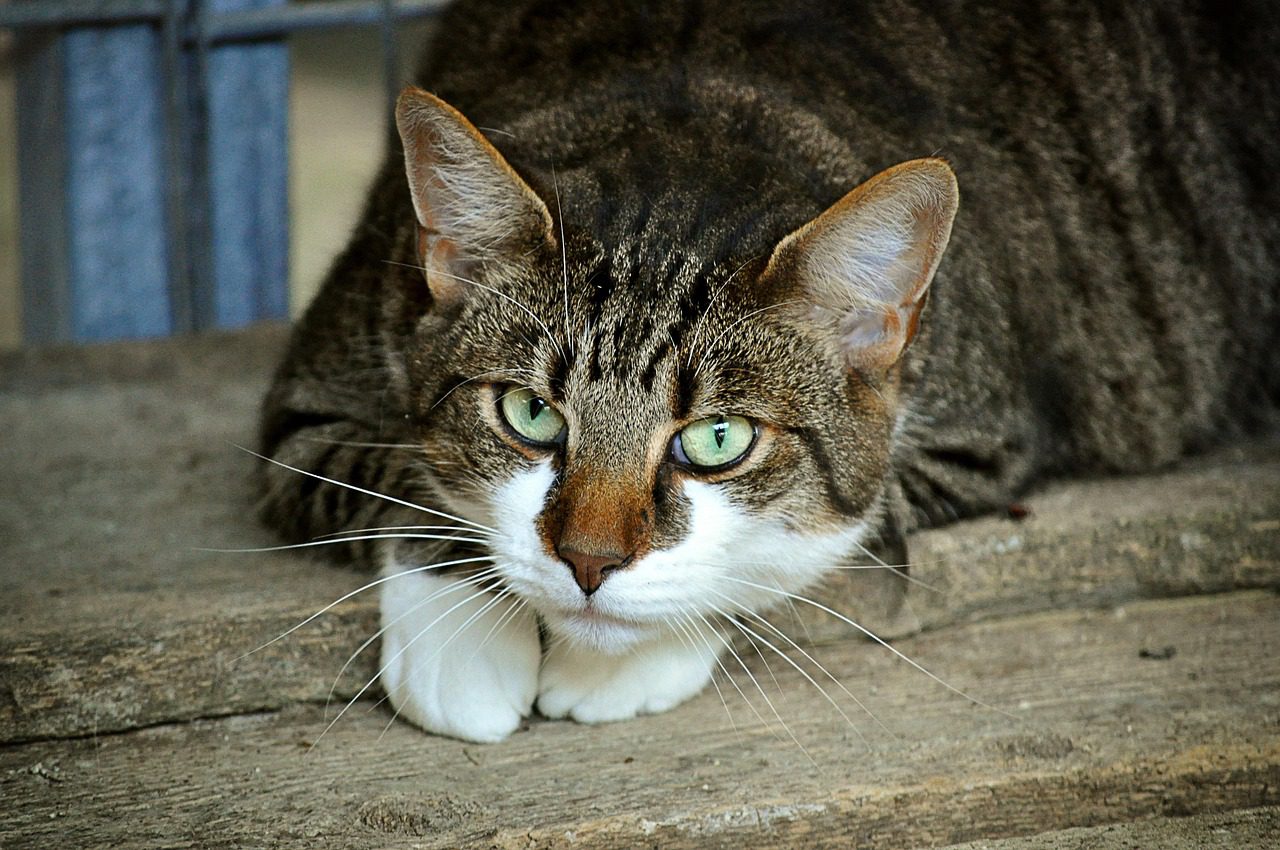He had been found wandering in the road in daytime, by a passerby. She knew that
hedgehogs are nocturnal, and that those seen about in the daytime are usually moving with
purpose, so she knew he needed help.
Every time I handle a hedgehog I fall back in love. They have such endearing little faces,
and are so inoffensive. Who wouldn’t want to help and protect them?
But trying to help them without anaesthesia is frustrating as even sick ones will roll up and
present their spines.
Our patient received a light dose of gaseous anaesthetic, enabling him to relax peacefully,
whilst we checked him for injuries and illness.
As is usual for a sick wild animal, he had quite a few ticks and fleas on board, which we
picked off. We were chuffed to find no other major issues. I was particularly pleased not to
find any maggots.
Now is the time that maggots will be a particular risk to any sedentary or sick animal.
Pet rabbits are especially vulnerable if their hutches are not super-clean, or if they are
themselves overweight or inactive.
If you keep a rabbit, now is the time to apply their fly-repellant protection. This is pre-paid for
all the rabbits on our pet care plan. If you see flies buzzing around your pets or their hutch,
you should investigate why. Ensure the hutch is thoroughly cleaned out, and pick up each
pet, checking for wounds or soiling on their fur, which should be regularly washed off.
Ask your vet for advice on why that soiling is occurring. Rabbits should eat their food twice.
This is called coprohpagia. If a bun fails to coprophage then a smelly soft sticky mess
collects around their privates, attracting flies. This can be fatal, so needs the urgent attention
of a vet.
I am hoping that our little prickly patient won’t need our help again, and that he has returned
to his old life, keeping the slugs down in some lucky person’s garden.




